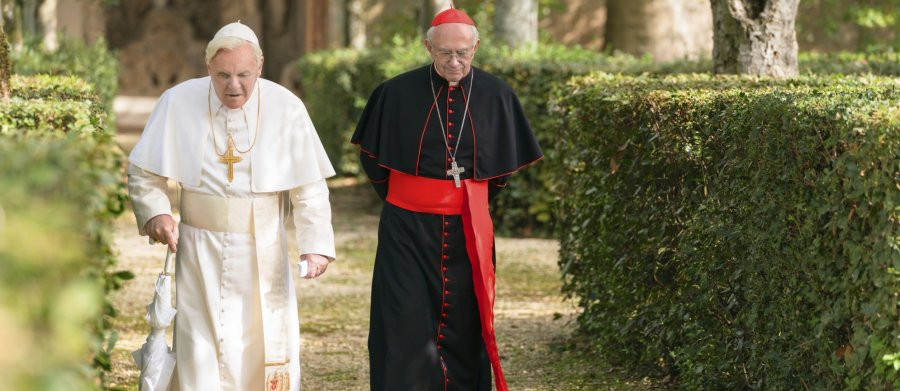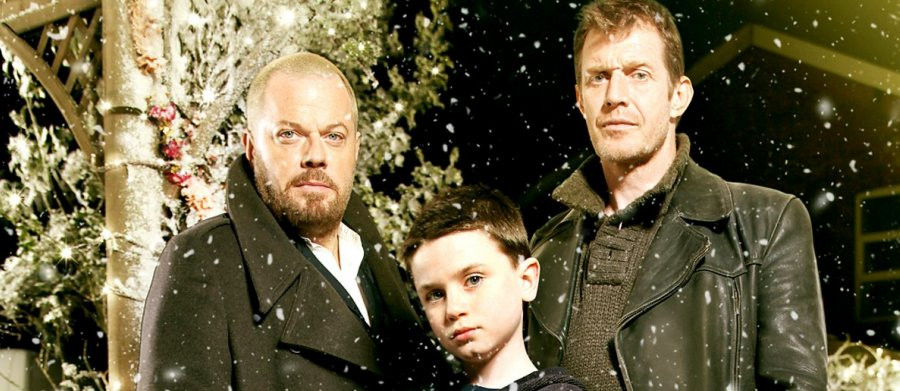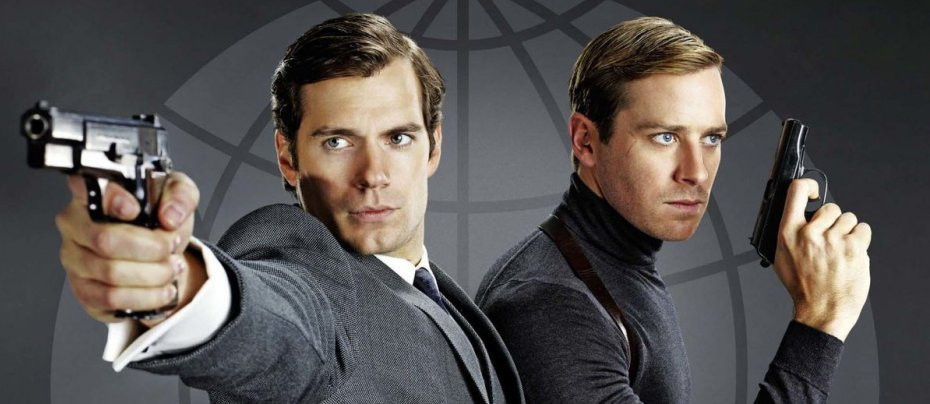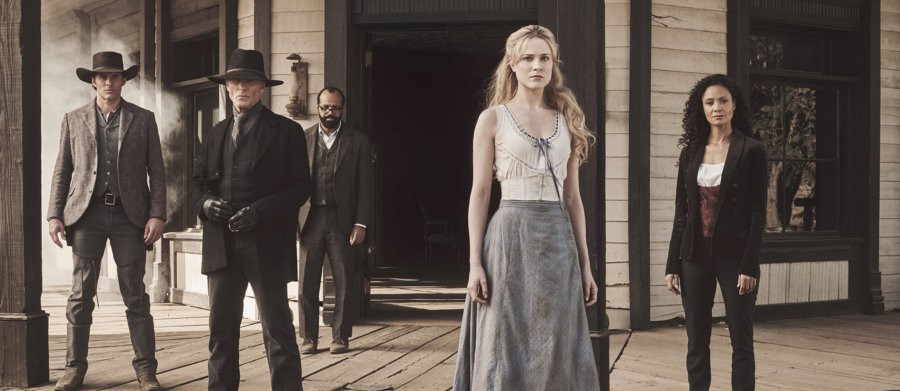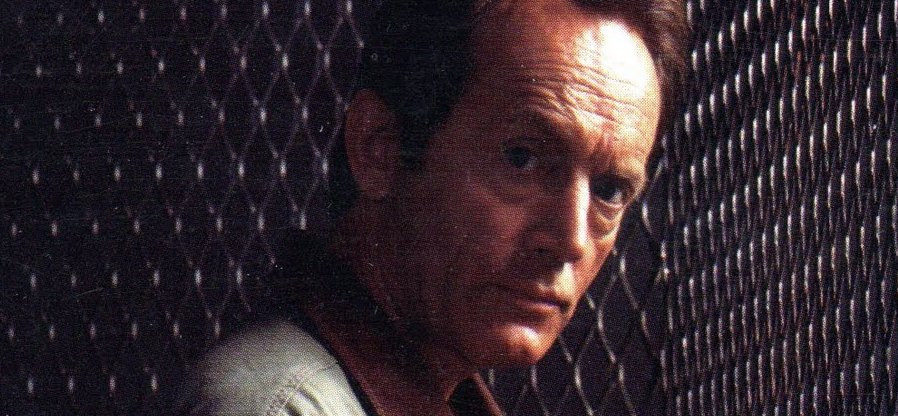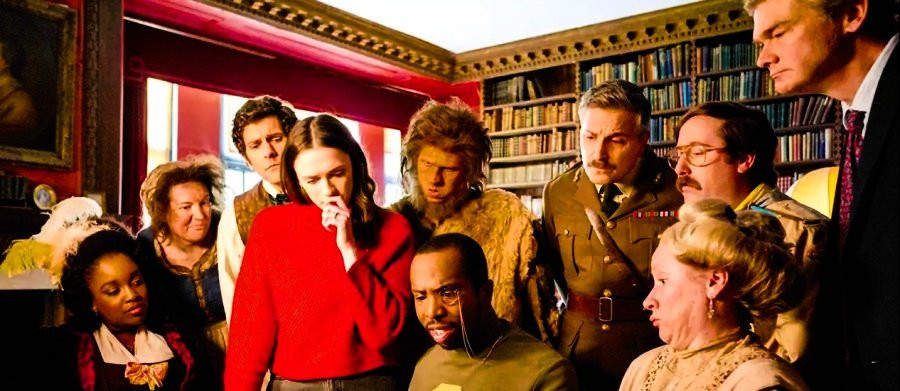
The Witcher
2019 - United StatesThe definite leader of the pack in the race to be the next Game of Thrones is the Netflix series The Witcher. It is already a full grown "multimedia franchise," with video games and graphic novels, as well as a 2001 Polish film and a previous television series spun off it that everyone wants to forget, all based on the original novels and short stories written in Polish.
Yet in many ways, the Game of Thrones comparison does The Witcher a disservice. It does not aspire to the political and social sophistication, or the intricate world building, that made Game of Thrones acceptable to people who normally look down on the fantasy genre.
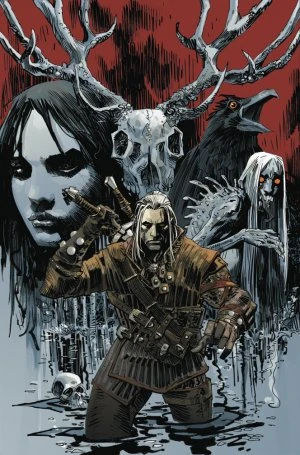
On the contrary, in form and content The Witcher is curiously old fashioned. All the basic elements will be familiar to anyone who spent too much time reading fantasy novels when he was meant to be reading Law at University. So we have the standard Conan-esque hero, a big man with a big sword, wandering about imaginary realms looking for trouble. We have wizards and witches and monsters. We have a girl in distress - but, this being the post-Xena generation, we also have the strong Warrior Queen, the equal to any man, etc.
Neither is it accurate to say that The Witcher is a more "adult" version of 'Lord of the Rings.' Or at least anyone saying it cannot be familiar with the Tolkien novels or the Jackson films, which are masterpieces of structure and texture, both departments in which this television series is relatively weak. Moreover, the nudity, soft core sex, and bad language is not really "adult" but aimed squarely at the target demographic of teenage males.
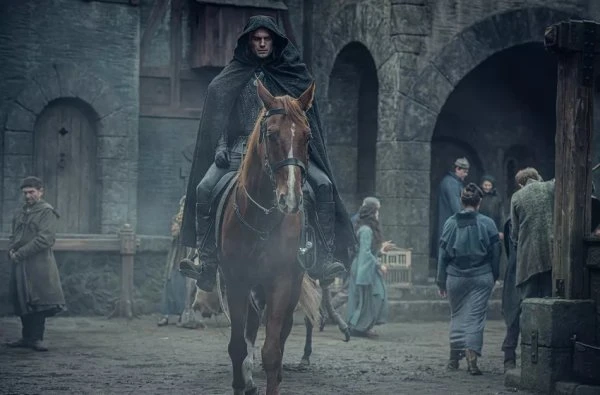
What we really have here is a sequence of Robert E Howard type pulp tales set in a mostly Medieval, or rather Renaissance Fair, milieu. There is little that is of great originality. There are some interesting hints of Welsh mythology, and apparently Central European folk legends, but not really a fully realised universe, at least not in the television version. This is not surprising, for this version is reportedly based - so far - on short story collections rather than on the main cycle of novels which may offer a more cohesive structure and which will probably come later.
This short story background may also help to explain the eccentric decision for the narrative to jump back and forth between different time periods. There are basically three main storylines set at different periods with minor episodes in between. It is not too hard to keep track of them, but only if you pay really close attention. It does not help that some characters are portrayed as barely ageing. In certain cases this can be put down to magic or whatever, even if one sometimes suspects that saving on the make-up was a factor in others.
There is some clever CGI, especially in epic battle scenes, and some pretty location work, in Hungary, Austria, Poland, and the Canary Islands, but, frankly, nothing really jaw dropping as there was in Game of Thrones or Vikings.
So far, so mediocre... Which begs the question: why was it one of the most viewed series of the year on Netflix? And why, being absolutely honest, did your cynical reviewer find it such a guilty pleasure?

Much of the appeal is due to the casting of Henry Cavill as Geralt of Rivia, the "Witcher" of the title, a magically enhanced monster killer. Although usually cast in "beefcake" roles - as he is here - Cavill is actually a rather good actor with the right material. The script of The Witcher gives him that, but not in the traditional way: he has very little dialogue, and most of this seems to consist of grunts and the occasional swearword. So he has the opportunity to convey a lot by his intonation and expression alone, the sort of challenge in which all true actors delight.
He rises to the occasion quite magnificently. One of his grunts is worth a thousand words and the relatively few words he does speak are delivered with exquisite timing. As a result, the stereotypical Laconic hero is gradually revealed as a far more complex and sympathetic personality than he might at first have appeared to be. There is much about him that is not likeable: he is totally ruthless, not least in his attitude to animals, both mythological and natural. However, it soon becomes clear that he is trying to suppress a compassionate side that is, like all strong emotions, all the more powerful for being suppressed.
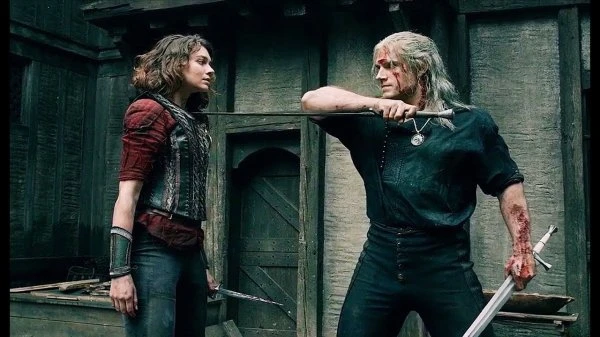
This does not get in the way of him being a superb fighter and the scenes where he really cuts loose are a martial arts delight. Fight arrangement on television is a discipline which has seen a revolution in standards over the last two to three decades, due in large part to the incorporation of techniques from China, Japan, Thailand, Indonesia, and Brazil. With some rare exceptions, what came before now looks almost laughable in comparison. The Witcher is a beneficiary of this, and also, it seems, of the practical research into Medieval and Renaissance combat that has also advanced a lot in recent years. So, apart from anything else, Cavill at least knows how to hold a sword, and he and his trainers have developed a fighting style that makes the most of his size as he charges forward aggressively like an All Blacks flanker. It is a pleasure to watch and gives the impression that he is one of the few actors who looks as if he could handle himself in a real swordfight.
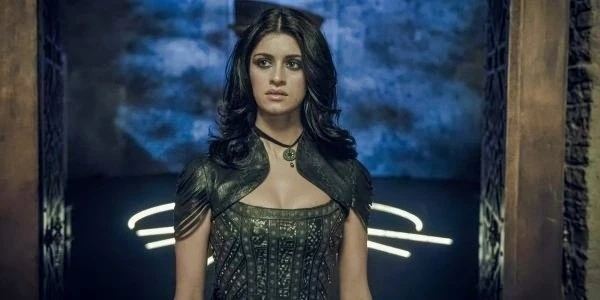
Yet it is not just about Geralt. Anya Chalotra, as Yennefer, an oddly attractive hunchback who becomes an extremely attractive sorceress, is another who finds sympathy in a character who might otherwise have been unsympathetic. At least we understand Yennefer's selfish cynicism when we see how she has been used and abused by practically everyone close to her, including her family, her lover, and her mentor.
Joey Batey makes a strong impression as Jaskier, an irritating but entertaining bard who latches on to Geralt. He gives sound advice to Geralt about the value of investing in public relations, and the power of a catchy song to that end. The song in question is indeed very catchy. Try getting it out of your head once you have heard it: "Toss a coin to your Witcher, O Valley of Plenty; Toss a coin to your Witcher, a friend of Humanity..."
The point is that Jaskier really is a very bad poet, but the song succeeds in its objective of rebranding Geralt. Apart from anything else, it apparently reached Number 9 in the Hungarian popular music charts.

One suspects that the producers spent so much on Cavill that there was not much left in the budget for the supporting cast. Nevertheless a few familiar faces do turn up. Jodhi May ditched her frail upper class girl image completely as the Warrior Queen Calanthe, a character about whom we never quite make up our minds: at first it seems we are meant to admire her as a tough female leader in a man's world but it gradually becomes more apparent that she may also be a genocidal maniac. Icelandic actor Bjorn Hlynur Haraldsson, from Fortitude, is her more amiable husband.
MyAnna Buring plays Yennefer's hard faced mentor, another character who keeps us guessing. Lars Mikkelsen, the talented Danish actor best known to English speaking viewers as the suspicious looking Mayoral candidate in The Killing, and as the real life brother of Bond villain Mads, is a very political Mage. Adam Levy is a Druid, which is, we are told, not at all the same thing as a Mage. Julian Rhind-Tutt is a sort of wizardly gynaecologist who really ought to be struck off: a scene in which he performs an "operation" is quite unwatchable.
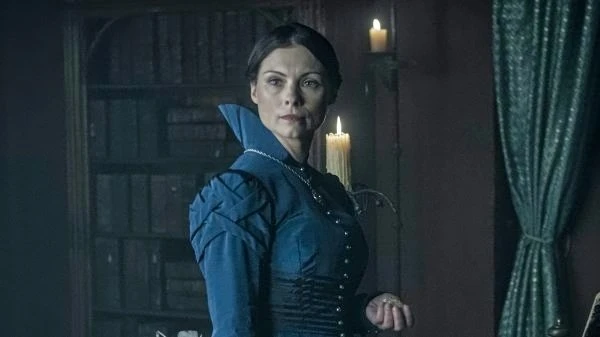
Ron Cook, one of those fine actors who deserves to be better known, brings emotional depth to a guest role as a dragon hunter with a big secret: we get to care about him a lot in a little time. Anna-Louise Plowman also plays a character so likeable that we hope her likeability does not get her killed. It is always a pleasure to see Josette Simon from Blake's 7, even if her involvement here does not really go anywhere.
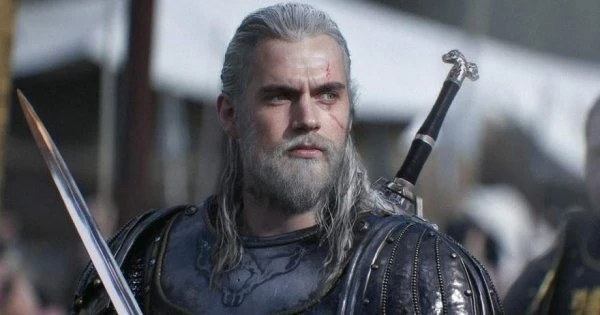
Whether the series as a whole goes anywhere remains to be seen. The first season has served as little more than as an introduction to the main characters and their world. Most of Geralt's adventures have so far been freestanding episodes, indicative of their short story origin, running in parallel with a more epic storyline of the fall of Kingdoms in which he has so far played no more than a walk on part. It is surely no spoiler to sat that the season seems to end at the very point the two finally coincide irrevocably.
At the time of writing, a second season has been filmed but delayed by the coronavirus, so there is currently no broadcast date. Without having read the novels, one can only speculate, but it is a safe bet that we are now in the main narrative thread at last and the show is less likely to jump around than it has. It also looks like we are looking at the traditional "Lost Princess" trope, as seen in The Hidden Fortress and Star Wars. Of course, if The Witcher really was the next Game of Thrones, it would take this opportunity to subvert our expectations completely.

In the meantime, if one can sum up a work in progress at this stage, 'intriguing" is the word that comes to mind. There is a lot of potential here. Cavill has proved he can hold an ongoing series together as a leading man. Chalotra has shown great potential, and it would be good to see more of Batey - even if it is not clear that he is still around in what is now the "current" time period. The slightly different Central European take on things gives the show a bit of flavour. Yet we have all been here before in the early days of a new series only to be disappointed later - we can only hope that it is not the next Game of Thrones in that sense.
Seen this show? How do you rate it?
Seen this show? How do you rate it?
Published on January 21st, 2021. Written by Laurence Marcus for Television Heaven.


